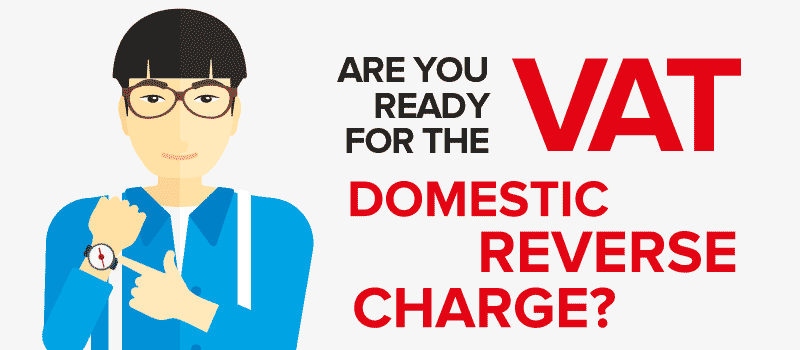
Having initially been planned to come into force in October 2019 we are fast approaching the first delayed implementation date of October 2020 for the VAT domestic reverse charge for construction.
From the initial delay we have seen a further extension until March 2021 but as the seasons change this date is now fast approaching.
It was a sensible decision to push back this overhaul of the VAT system back to 1st March. The additional 5 months delay is not long enough for some who still believe that it should be “delayed permanently”. HMRC believe it needs to bring in reverse VAT to combat “missing trader fraud” where suppliers receive VAT but disappear before paying it on to HMRC. In the short term under the new system, the reverse charge system may cause cash flow concerns for sub-contractors who will no longer receive VAT payments from customers. In a time where firms adjust to new safe working practices, a summer of reduced working, and ongoing uncertainty, it is important not to forget what else is changing.
If your business supplies temporary workers as a recruitment agency or temporary labour supplier and is responsible for paying them, then you will not be subject to the VAT reverse charge. It is important to understand the impact this whole new financial system will have on the overall supply chain in order for all stakeholders to understand the impact of the change.
We expect further discussion, further challenge and further amendments. The government has already taken the opportunity to make amendments hoping to promote clarity. Firms that are end users of goods and services will now have a responsibility to notify suppliers and sub-contractors of their status.






